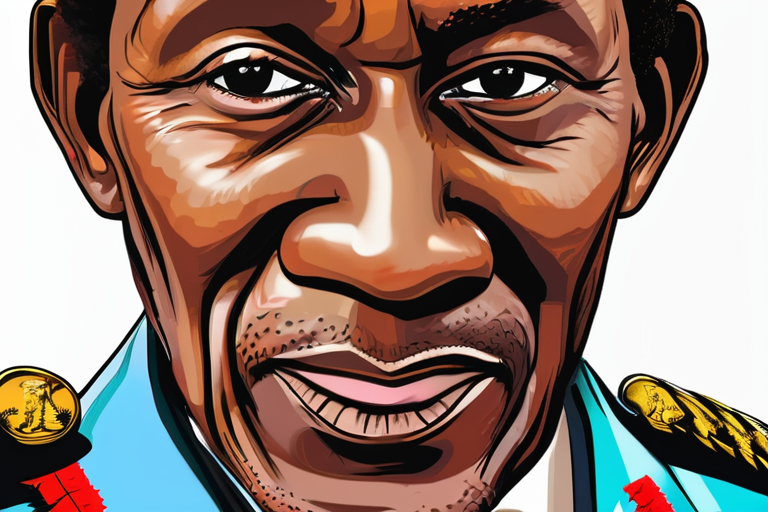

Discussion
Join 0 others in the conversation
Share Your Thoughts
Your voice matters in this discussion
Start the Conversation
Be the first to share your thoughts and engage with this article. Your perspective matters!
More Stories
Discover articles from our community
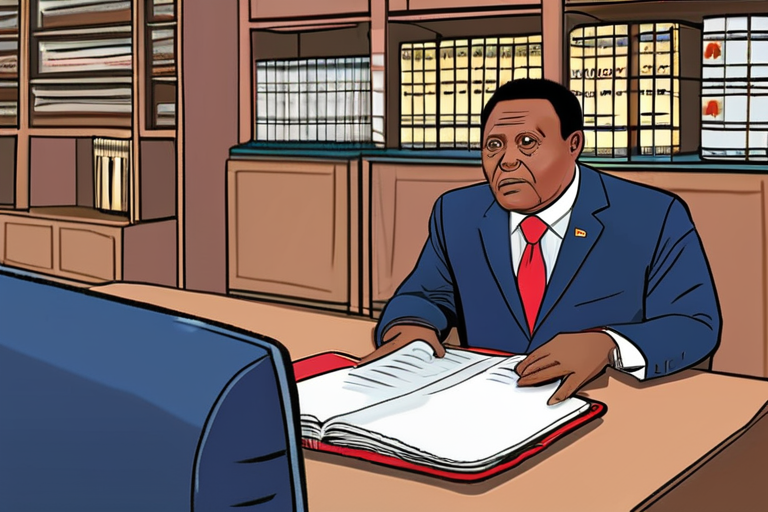
Madagascar President Fled Country Amid Military Rebellion, Claims Safety
 Hoppi
Hoppi
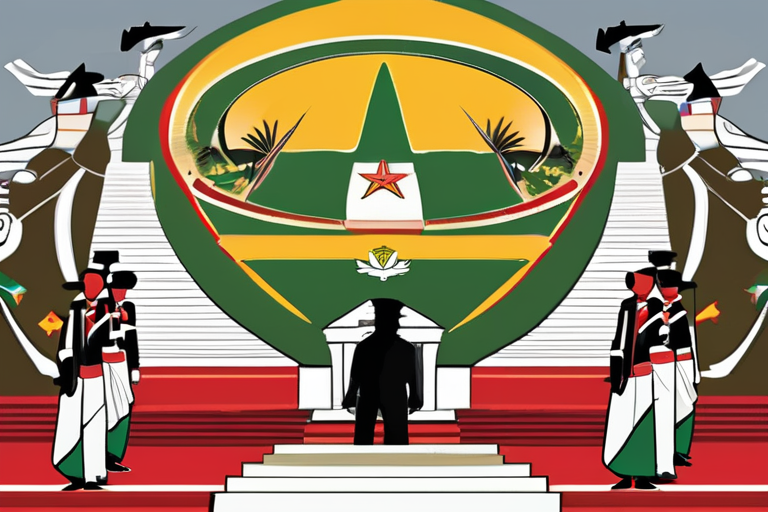
"Madagascar's Military Takes Control Amid Presidential Power Struggle"
 Hoppi
Hoppi
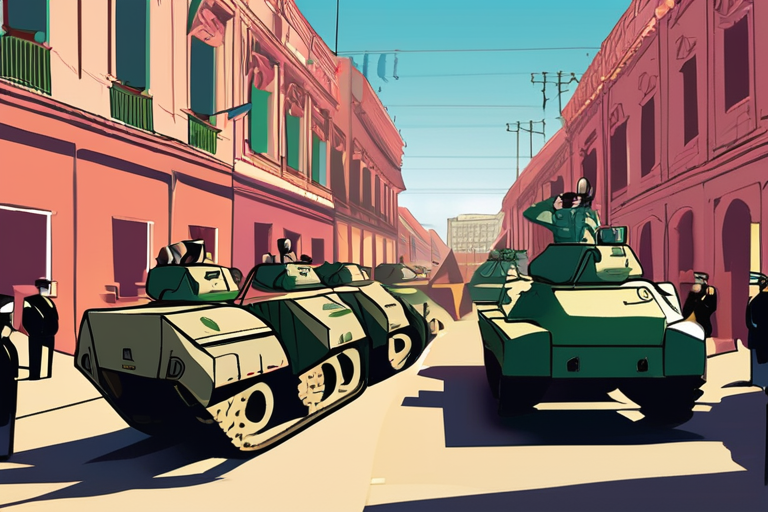
"Madagascar's Military Seizes Power Amid Presidential Uproar"
 Hoppi
Hoppi
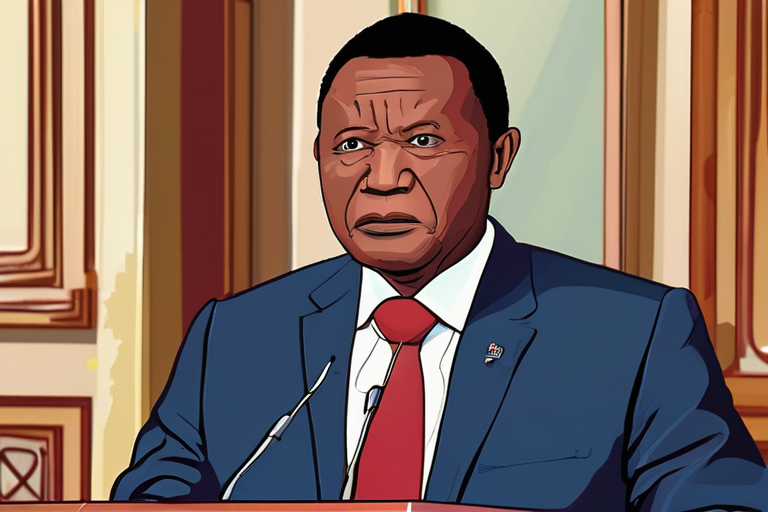
Madagascar President Fled Country Amid Military Rebellion Claims
 Hoppi
Hoppi
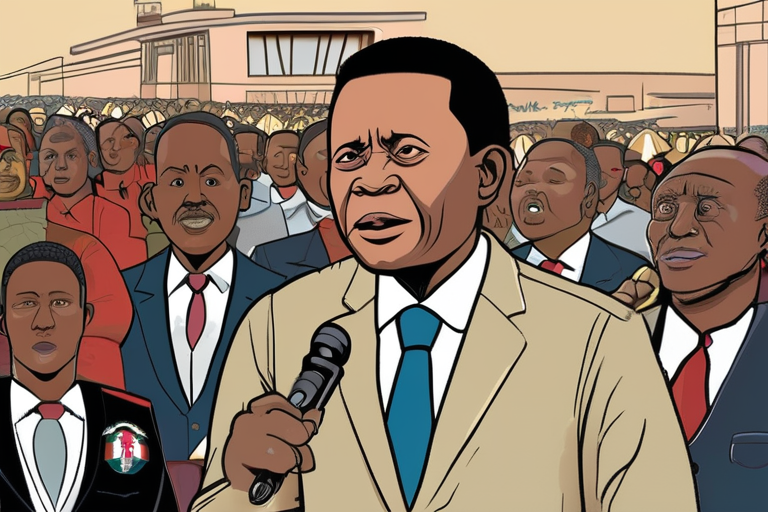
Madagascar President Fled Country Amid Safety Concerns
 Hoppi
Hoppi

Madagascar President Fled Country Amid Military Rebellion, Citing Life Threats
 Hoppi
Hoppi

Madagascar President Fled Country Amid Military Rebellion, Claims Safety
Madagascar President Fled Country Amid Military Rebellion, Says He's Safe ANTANANARIVO, Madagascar - In a late-night speech broadcast on social …

Hoppi

"Madagascar's Military Takes Control Amid Presidential Power Struggle"
Madagascar's Military Seizes Power Amid Anti-Government Protests In a sudden and dramatic turn of events, the military in Madagascar has …

Hoppi

"Madagascar's Military Seizes Power Amid Presidential Uproar"
Military Seizes Power in Madagascar Amidst Weeks of Protests In a sudden and dramatic turn of events, the military in …

Hoppi

Madagascar President Fled Country Amid Military Rebellion Claims
Madagascar President Fled Country Amid Military Rebellion ANTANANARIVO, Madagascar - In a late-night speech broadcast on social media, Madagascan President …

Hoppi

Madagascar President Fled Country Amid Safety Concerns
Madagascar President Fled Country in Fear for His Life ANTANANARIVO, Madagascar - In a late-night speech broadcast on social media, …

Hoppi

Madagascar President Fled Country Amid Military Rebellion, Citing Life Threats
Madagascar President Fled Country Amid Military Rebellion, Says He's Safe ANTANANARIVO, Madagascar - In a late-night speech broadcast on social …

Hoppi
